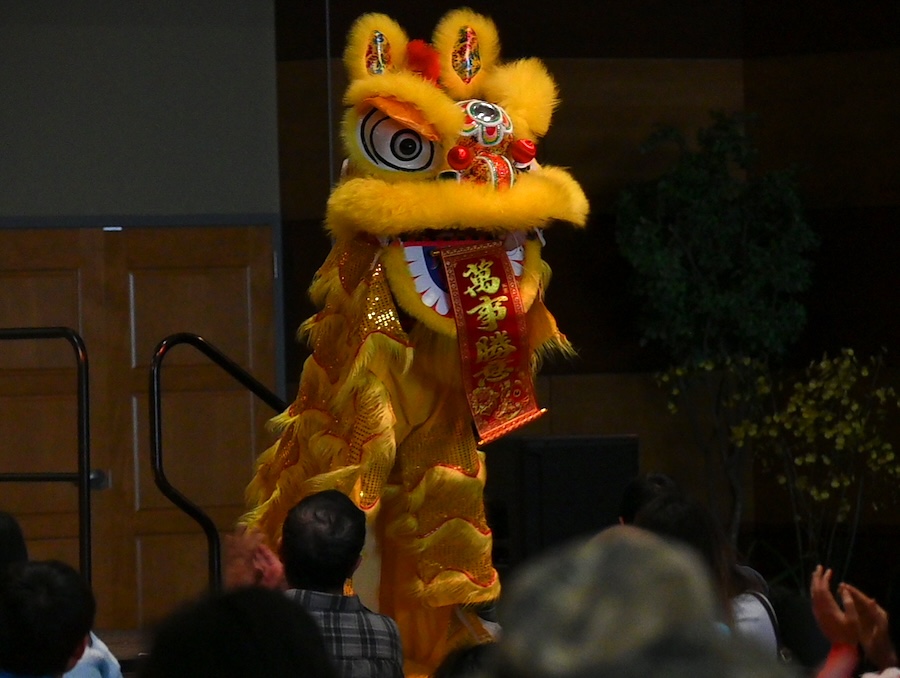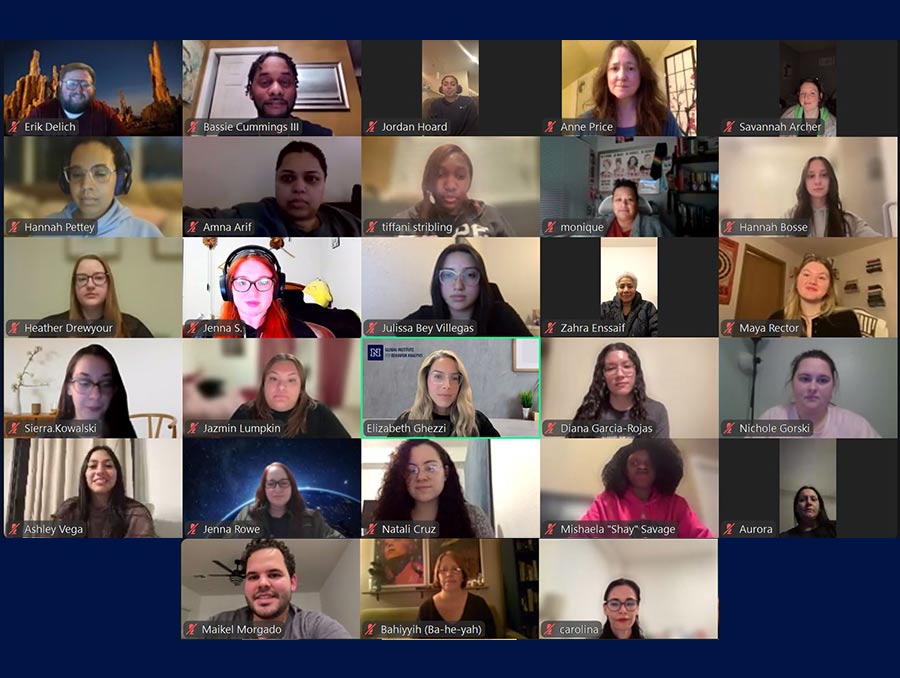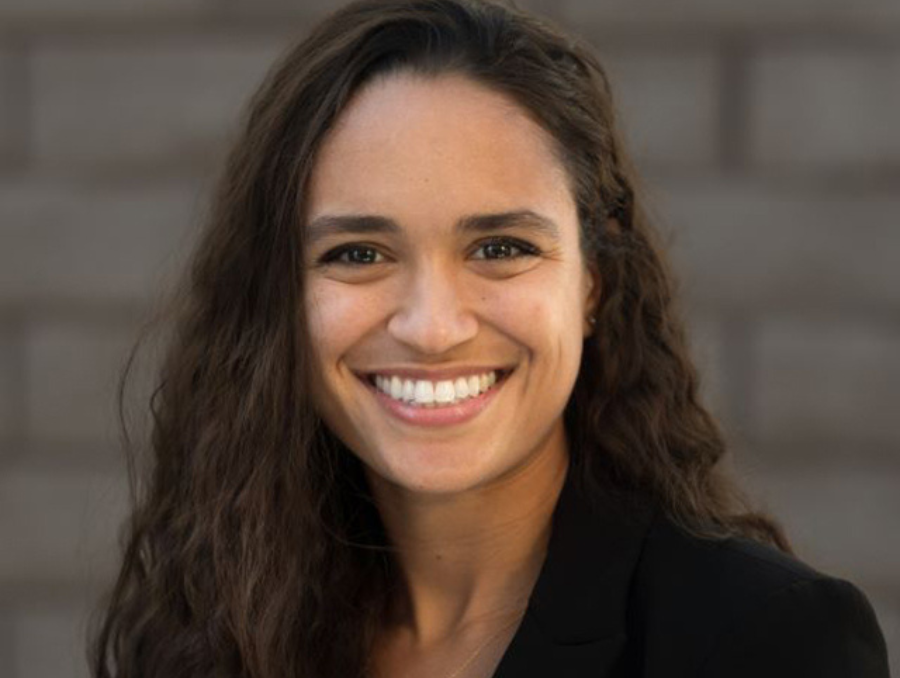The DeLaMare Science and Engineering Library at the University of Nevada, Reno is the first academic library in the United States to make the leap to offer 3D printing and scanning as a library service to all students, enabling students in a multitude of disciplines to make plastic 3D models from a computer drawing for their research and studies.
"We've brought the technology out of the lab and into access for all students," Tod Colegrove, director of the DeLaMare library, said. "It's a first for universities around the country where the machines are typically part of a specialized program or research lab."
Using specialized software, the machine can build a three-dimensional, real world plastic model from a computerized drawing of an object. It can be as simple as a box or as complex as a protein chain from a theoretical model. The model can be inspected, modifications can be made in the drawing and another prototype printed.
University students are using the 3D printing service to "print" custom parts for student-designed robots and hovercraft, fine art sculpture, chemical models, lattice structures, a moving parts engine block and more. The potential for prototyping models and experimental apparatus in support of ongoing research has become a reality for many students who lacked access or the funds to send the project out to a commercial 3D print company.
"3D printers are typically purchased by a faculty member with grant funds in support of a particular research project, and installed in isolated departmental locations," Colegrove said. "Printers remain largely inaccessible to students and faculty outside of a select few. We've changed that."
Lisa Kurt, engineering and emerging technologies librarian who set up the program at DeLaMare, said,"There's no locked lab door you have to get through here. Students are able to build a prototype - touch it, handle it and realize how to make it better - it opens up worlds of possibility, for all students across campus."
The printers are operating full-tilt this summer and Colegrove is anticipating adding even more machines.
"In the arts, sciences and engineering, breakthroughs in learning or research often require going beyond pencil and paper," he said. "With technology and a supportive environment, it becomes possible to breathe life into ideas - in the library. We have a waiting list for projects, which can take anywhere from 40 minutes to 40 hours, depending on the complexity.
"Our first job - a rotor for an impeller pump being prototyped by a team of senior engineering students - came in literally as we were pulling the printer out of the box. The machines haven't stopped running since."
The library has been actively moving in the makerspace direction, a path blazed by the Fayetteville Free Library, a public library in Fayetteville, New York, with their FFL Fab Lab.
"This service leverages library access with an incredible new opportunity for student engagement," Colegrove said. "It takes the library's support of the learning and research missions of the University to a new level - beyond simple information exchange and consumption into knowledge-driven creation."











